Home Does Hearing Loss Affect Balance? Recognizing Early Symptoms
Does Hearing Loss Affect Balance? Recognizing Early Symptoms
Feeling unsteady, or noticing a loved one with frequent dizziness? The ears often play a role. Inside the inner ear is the part of the ear responsible for balance, a small but powerful system that helps keep you steady every day.
So, does hearing loss affect balance? In many cases, yes. The connection can be subtle, but recognizing early symptoms is key to staying steady and confident on your feet.

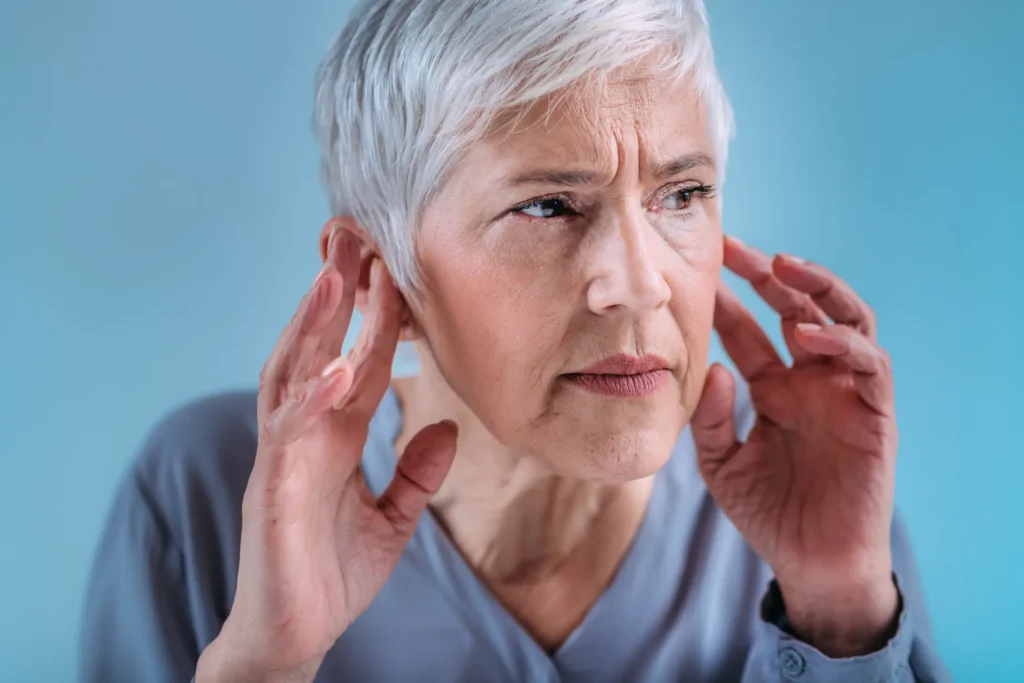
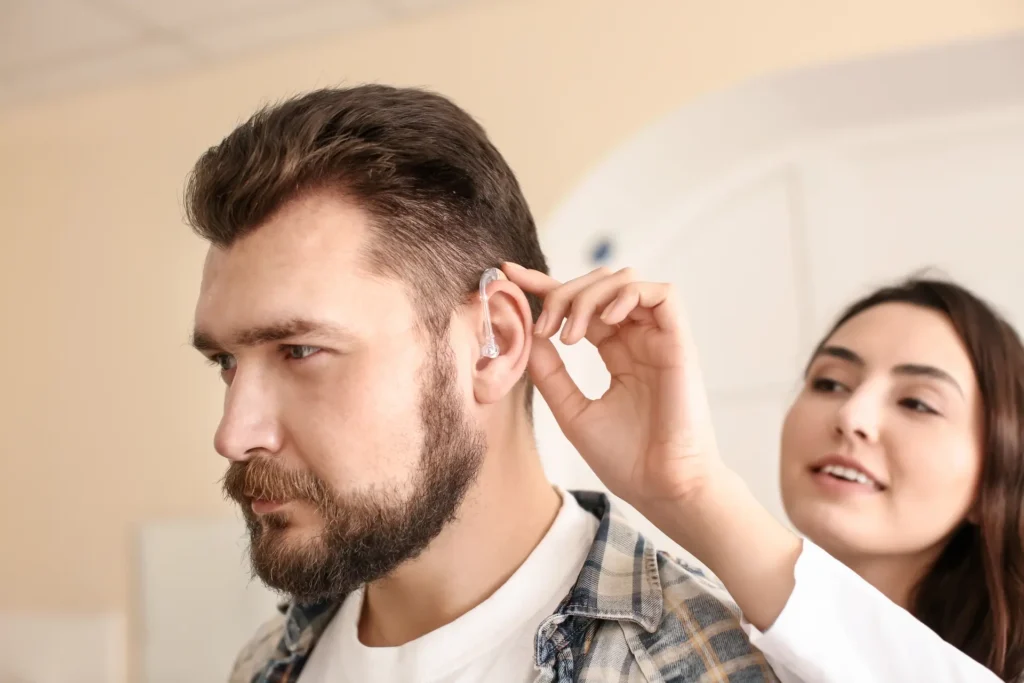
The Inner Ear & Its Dual Function
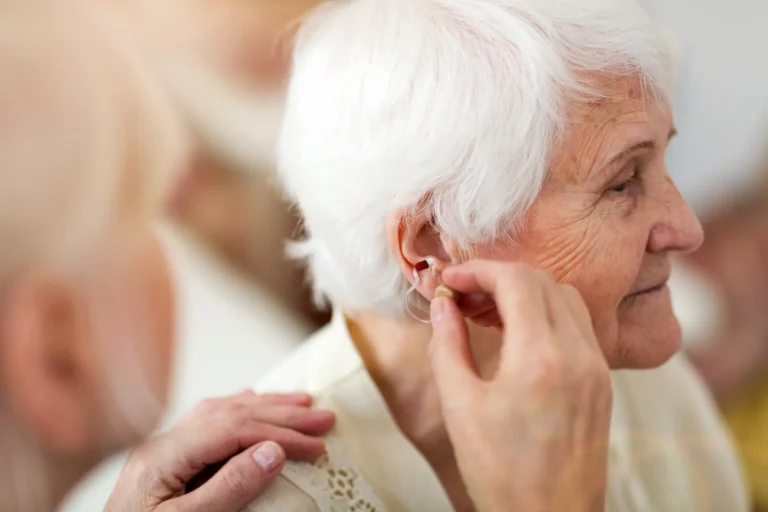
Your ear works in two ways. The cochlea handles hearing, while the vestibular system is what controls balance in the ear. Think of the vestibular system as your body’s compass, signaling to the brain when you move or change direction. When it’s affected by aging, illness, or injury, both hearing and balance may be impacted.

What Controls Balance in the Ear?
Fluid-filled canals and sensory cells inside the inner ear help the brain track motion. The cochlea processes sound, while the vestibular system manages balance. When these systems don’t function properly, balance problems like unsteadiness, vertigo, or falls can develop.
This overlap explains why hearing loss and balance challenges often appear together.
Can Hearing Loss Cause Balance Issues?
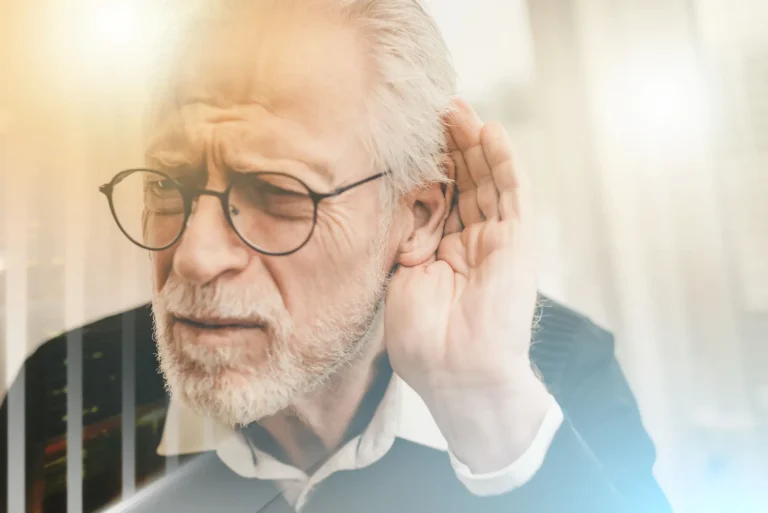
Yes. Inner ear conditions can disrupt both hearing and balance. Disorders such as Ménière’s disease or vestibular neuritis are common examples. Among older adults, it’s also typical to see hearing loss and balance difficulties appear at the same stage of life.
Changes in hearing are important signals. A professional audiology evaluation can reveal whether both systems are involved.

Recognizing Early Symptoms of Balance Problems
Look for these signs that your ear’s balance system may need attention:
- Dizziness or lightheadedness
- Vertigo (a spinning sensation)
- Feeling unsteady or off-balance
- Trouble climbing stairs or walking on uneven ground
- Frequent falls
If these symptoms are ongoing, it’s time to find answers with a professional evaluation
Living With Hearing Loss and Balance Issues
- Hearing aids and other devices
- Balance therapy exercises
- Safer home setups, such as grab bars and brighter lighting
- Support tools like canes or walking sticks
Early Detection Matters – Act Now
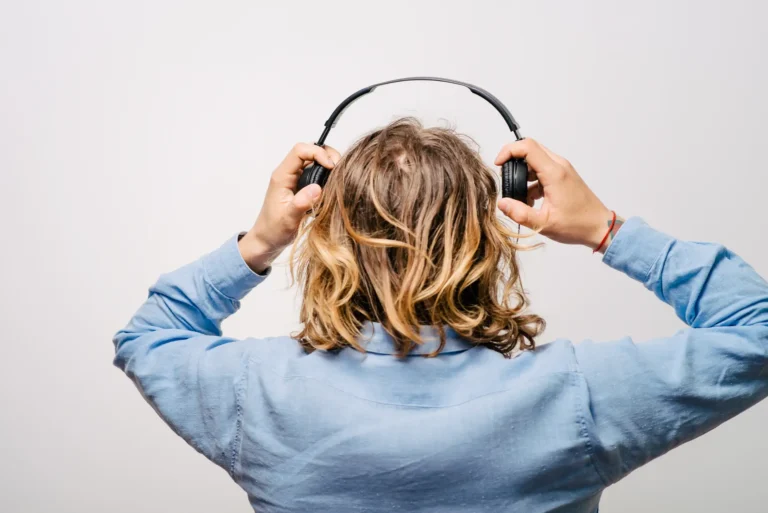
At NYC Hearing Associates, our specialists in audiology understand how hearing and balance work together. A thorough hearing evaluation identifies the cause of your symptoms and guides a personalized care plan.
If you’ve noticed changes in hearing or balance, get in touch with our team today. Our expertise helps you find clarity and stability.

Frequently Asked Questions
What daily activities are affected by hearing loss?
Walking, driving, and following conversations in noisy settings can become more difficult with hearing and balance changes.
How do I know if my ears are affecting my balance?
Unsteadiness paired with hearing changes, ringing, or dizziness often points to the inner ear.
Does hearing loss affect walking?
Will a hearing aid help with balance?
Hearing aids support orientation and safety by improving awareness, even though they don’t repair balance structures.




